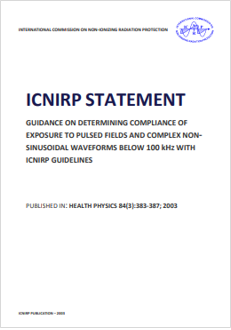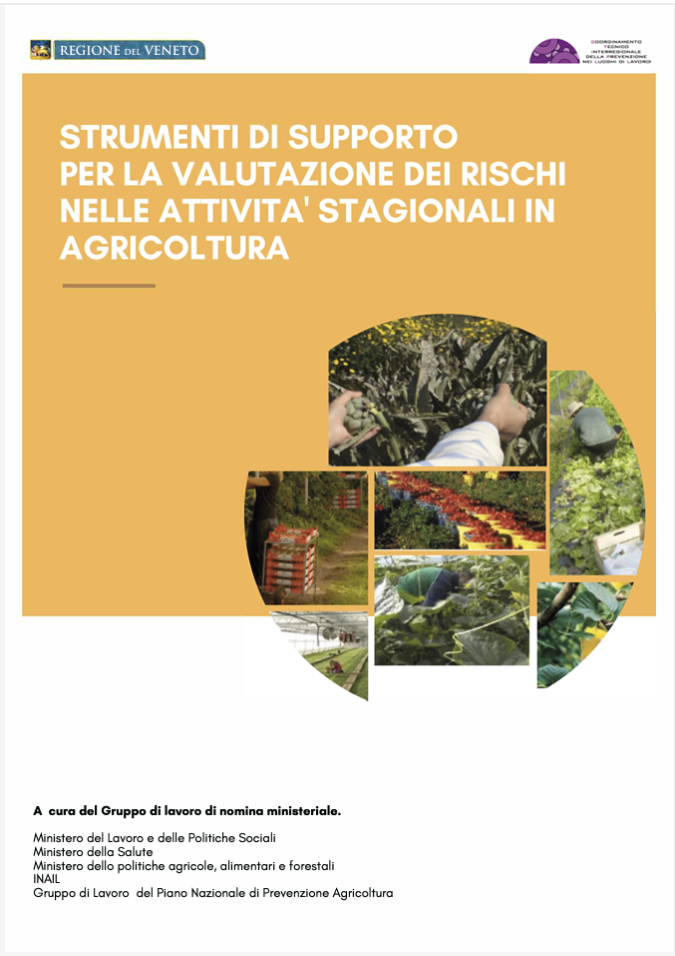// Documenti disponibili n: 46.588
// Documenti scaricati n: 36.655.308

THE INTERNATIONAL Commission on Non-Ionizing Radiation Protection (ICNIRP) has published guidelines for limiting exposure to electric, magnetic and electromagnetic fields (ICNIRP 1998a, b) and has provided frequency dependent basic restrictions and reference levels from which a hazard assessment for exposures to electric and magnetic fields can be made. This document provides clarification for assessing compliance with the guidelines for pulsed and complex non-sinusoidal waveforms with frequency components predominantly up to 100 kHz. The approaches described may be helpful to product standards setting bodies concerned with metrology.
In the frequency range up to 100 kHz there are a number of sources of non-sinusoidal magnetic fields with the potential to exceed the reference levels for exposures specified in the ICNIRP guidelines. Common sources include electronic article surveillance gates, demagnetizers, electronic security systems, and metal detectors, and these generate predominantly magnetic fields. Therefore, this statement focuses mainly on magnetic fields; however, this can be readily extended to electric fields.
The ICNIRP guidelines specify “basic restrictions” and “reference levels.” Basic restrictions on exposure to magnetic fields are based on established adverse health effects. For magnetic fields below 100 kHz the physical quantity used to specify the basic restrictions is current density (J) induced inside the body. Reference levels are values that are provided for practical exposure assessment purposes to determine whether the basic restrictions are likely to be exceeded. Compliance with the reference levels is designed to ensure compliance with the relevant basic restriction. For exposures to magnetic fields below 100 kHz, the derived quantity magnetic flux density (B) is the parameter used for the reference levels. Reference levels expressed in terms of rate of magnetic flux density change dB/dt can also be derived from basic restrictions
Add More
ICNIRP 2003

Circolare del Ministero dell’industria, del commercio e dell’artigianato (Direzione generale delle miniere) n. 317 del 26 maggio 1997
Chiarimenti relativi al decreto l...

ID 22185 | 05.07.2024 / In allegato
Gli strumenti di supporto sono stati prodotti e validati, nel c...
B.S. ha proposto tempestivo ricor...
Testata editoriale iscritta al n. 22/2024 del registro periodici della cancelleria del Tribunale di Perugia in data 19.11.2024